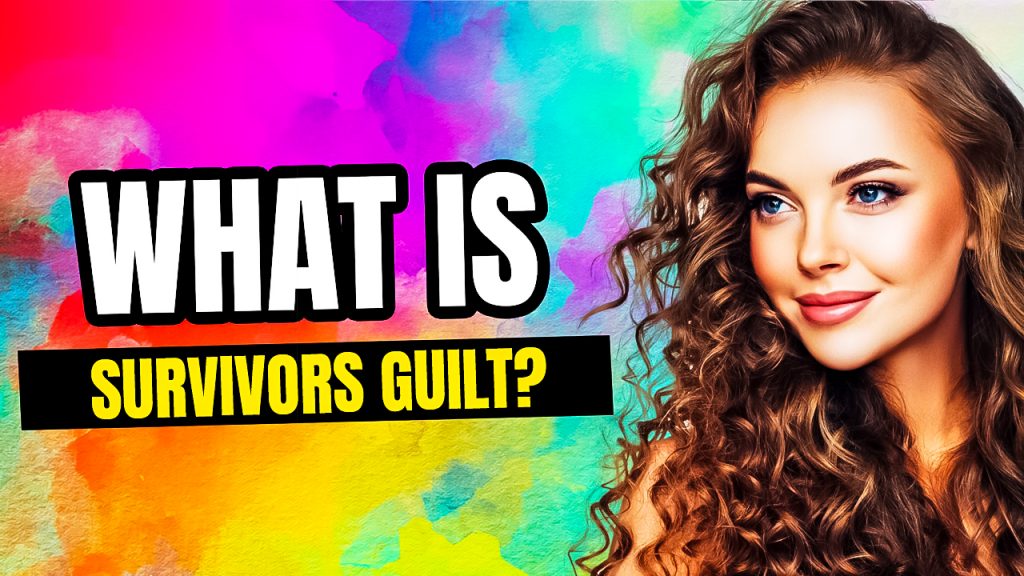
Survivor’s guilt is a type of emotional response that can occur after a traumatic event in which the individual feels guilty for surviving when others did not. It is a complex emotion that can have a significant impact on a person’s mental and emotional well-being.
Survivor’s guilt can occur after a wide range of traumatic events, including natural disasters, accidents, combat, and acts of violence. It can also occur in the aftermath of a suicide or homicide, where the survivor may feel guilty for not having been able to prevent the death of a loved one.
Individuals who experience survivor’s guilt may feel a range of emotions, including guilt, shame, and responsibility. They may feel guilty for not having suffered the same fate as others, or for not having been able to save others from harm. They may also feel a sense of shame for having survived, and may believe that they did not deserve to live.
Survivor’s guilt can manifest in a number of ways. Some individuals may experience severe depression, anxiety, and post-traumatic stress disorder. They may have difficulty sleeping, and may have nightmares or flashbacks of the traumatic event. They may also have difficulty concentrating, and may have difficulty functioning in their daily lives.
Other individuals may experience more subtle signs of survivor’s guilt, such as a sense of detachment or isolation from others. They may avoid thinking or talking about the traumatic event, and may have difficulty forming close relationships. They may also experience a lack of motivation or interest in activities that they used to enjoy.
It’s important to recognize the signs of survivor’s guilt, and to seek help if needed. Therapy or counseling can be effective in helping individuals to process their emotions and to come to terms with their survival. A therapist can also provide support, guidance and teach coping mechanisms to help individuals to manage their guilt, anxiety and depression.
For some individuals, medication may also be helpful in managing symptoms of depression, anxiety, and post-traumatic stress disorder.
It’s important to remember that survivor’s guilt is a normal response to a traumatic event, and that it is not a sign of weakness or failure. It’s important to be kind to yourself and to seek help if you need it.
In conclusion, survivor’s guilt is a type of emotional response that can occur after a traumatic event in which the individual feels guilty for surviving when others did not. It is a complex emotion that can have a significant impact on a person’s mental and emotional well-being, and it’s important to recognize the signs of survivor’s guilt and seek help if needed, in order to process the emotions and to come to terms with their survival.
This Post is Brought To You By BetterHelp